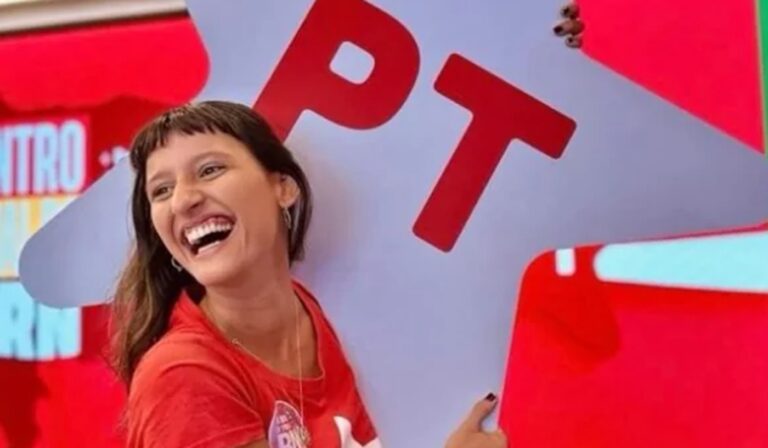
President Lula promulgated a decree creating the National Program for the Protection of Human Rights Defenders (PNPDD), providing for the monitoring of cases and recognition of the regional and cultural specificities of protected peoples and groups. The initiative was launched at the COP by Macae Evaristo, Minister of Human and Human Rights (MDHC).
- Negotiation progress and news In the first week of COP 30
- Brazil Presenting a roadmap for implementing regulated carbon markets
– At the COP, both in the Blue and Green Zones, our actions were very focused on the agenda of human rights defenders. When we talk about human rights defenders, we are talking about communicators, journalists, family farmers, people who are participating in this fight to protect our planet and forests. And it’s sparking a lot of discussion that protecting biomes also means protecting the people and communities that protect these biomes – the Minister explained to the blog by phone.
The department has also created procedures to care for vulnerable viewers in the event of a climate disaster, such as the one currently occurring in Paraná state. There are also special protocols for children.
– This is very important because there was a lack of guidance. We did this in collaboration with the Ministry of Integrated Civil Defence, to embed human rights principles into this service. How do you welcome us? What do you think about the absolute priority of children? It will be a continuing challenge to guide Brazilian city halls and municipalities to incorporate this training, both from the perspective of civil defense and from the perspective of organizations such as the social assistance and urban rights sectors that address these episodes.
Last week, the minister was in Rio to monitor the progress of operations in Complexo do Alemão and Peña. She said the initial aim was to work with local governments to restart schools and health departments.
– We are tackling the challenge of how to build support for women and families within these regions. In Rio, it is clear that we face a more complex situation that will require the involvement of all sectors of public policy. This trend is so strong in Rio that we need to create a task force to think of new methodologies to welcome and serve these communities. We are working with Redes da Mare to map children, the impact of these activities and the lack of access to education. We are already working on this agenda and are thinking of extending this to the Peña region as well.



